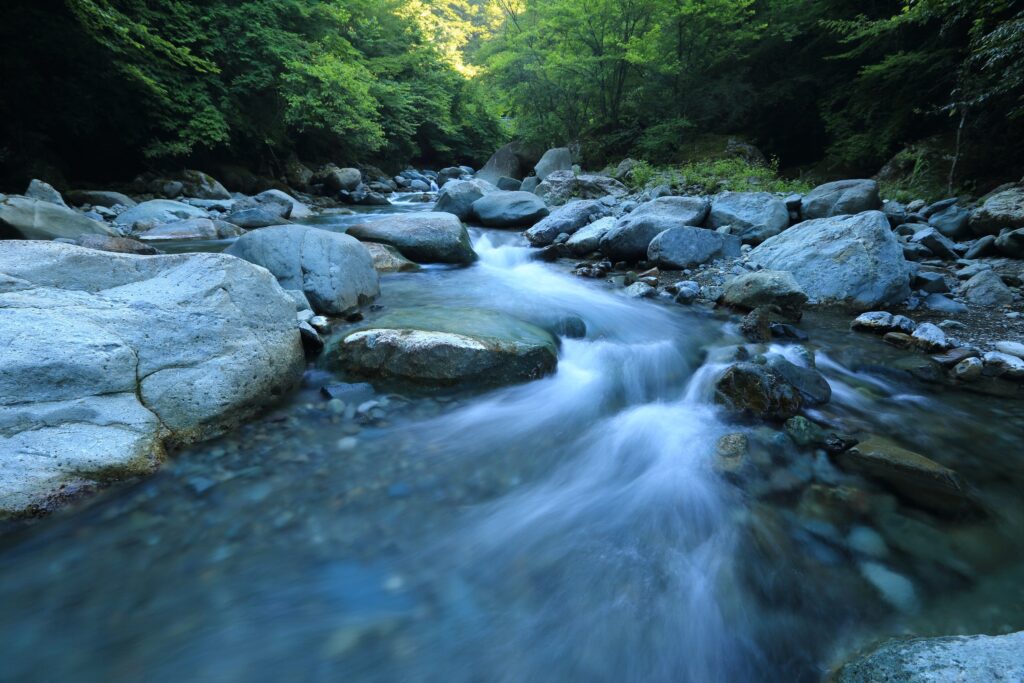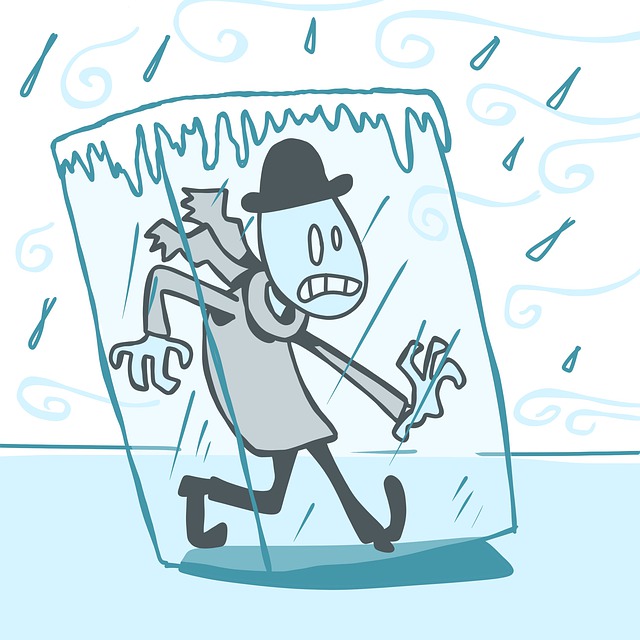As I’m always saying to anyone that will listen, we should be in tune with nature and the seasons, so I’m trying to love the winter months. Although winter in the UK means short, soggy, grey days, and long cold nights. As I write this it’s the winter solstice, so I take comfort in that we’re on the up now, not long to go before the spring.
Winter in Chinese Medicine is related to the Water element.
When I think of water I imagine the cold water that surrounds us in Britain. So no, I’m not into cold water swimming, despite living in a seaside town. In Chinese Medicine we say that cold is for dead people. Also, the Thames estuary isn’t a sea, it’s a very busy commercial river and filled with the detritus and filth that comes with industry. When I was a boy, it wasn’t uncommon to find bags of medical waste washed up on the banks of the various creeks along the estuary. Back then no one swam in the Estuary. Ian Dury believed he caught polio swimming in the lido on Southend seafront.

Frozen Shoulder and Shoulder Pain
Recently I’ve been seeing a lot of clients who have frozen shoulder – although it’s not exclusive to the winter, people present with it all year round. But one of the craziest things I hear at least once a week is that ice should be applied to a frozen shoulder. Why add cold? Isn’t frozen cold enough!?
What is frozen shoulder?
Frozen shoulder is not a precise medical diagnosis and many texts differ in their description of the condition. Some sources call it ‘adhesive capsulitis’, where adhesions within the joint are responsible for decreased mobility. Others suggest that both synovial inflammation and capsular fibrosis are the cause.

I can see why cold treatment is suggested though, because inflammation equals heat. But Chinese Medicine is full of paradoxes, and we use heat to move heat as well as cold. Basically, heat moves, cold does the opposite.
Simply put, frozen shoulder is characterized by dull, aching pain. In addition, decreased or restricted range of motion is often accompanied by stiffness. It is most commonly seen between the ages of 45 and 60, and it is being seen more frequently in menopausal women. Some sources call it ‘Fifty Shoulder’. The cause of frozen shoulder is usually unknown, with either acute or gradual onset. It can also develop after trauma to the shoulder, usually to one of the rotator cuff tendons.
I always ask about digestion when someone presents with a shoulder problem, because the digestive channels (Stomach, Small and large intestine) all flow through the shoulder joint. Shoulder injuries caused by overuse or trauma can eventually lead to problems such as IBS. In the case of Frozen Shoulder, the pathogenic cold can travel down the channels causing pain and diarrhoea. Heat from inflammation in the shoulder will have the opposite effect, constipation and smelly wind.
Can Acupuncture help?
Yes it can! Acupuncture is great for frozen shoulder, and I always apply heat.
If you have any questions about acupuncture, or any of the topics in my blogs, please do contact me. Find out more about me, or my treatments here.


